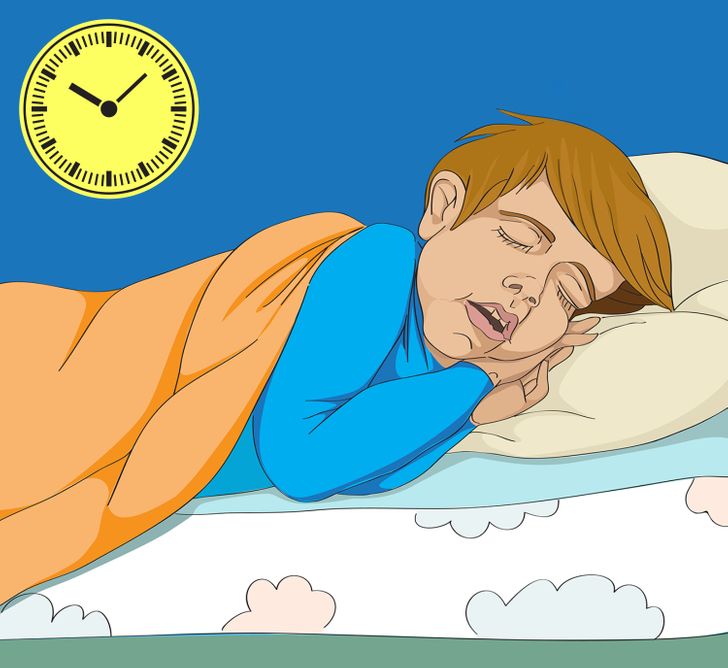I was sleeping with Mommy and Daddy when I was a 4-year old boy because I am still afraid of the dark
What to Do If Your Kid Has a Nightmare
Nightmares are a common phenomenon among young children. Having a child constantly cry or run to your room in the middle of the night can be quite tiresome and even irritating for some parents. But with nearly 50% of children dealing with nightmares, medical experts have discovered ways to help keep those bad dreams at bay.
We at Bright Side have found that something as simple as reading books before bed can help reduce nightmare occurrences. Here are some practices your entire family can use to help get quality and sound sleep.
1. Have a one-on-one with your child.
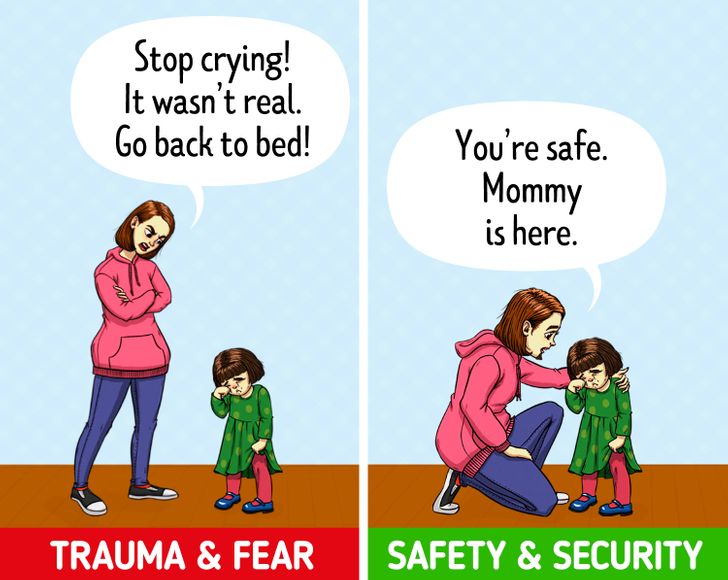
If your child is constantly awoken by a bad dream, there may be some form of trauma linked to it. While a parent’s initial response might be, “It was just a nightmare, go back to sleep,” a better way to help your child cope with the ordeal is to have a patient and understanding conversation with them. Ask what made them scared. Soothe their heightened emotions. Remind them that although the dream may have seemed real, everything is okay and safe. Words of reassurance are a great way to help calm down a child and ease them back to sleep.
2. Remove what’s causing them to feel fearful.

Sometimes, the cause of your child being scared can be due to something that they’ve encountered, such as a scene from a scary movie. If this is the case, it may be best to avoid those encounters in the meantime. While you can shield your child from those scary movies, you can also teach them to turn the grim memories into positive ones.
An example situation may be that your child saw a movie with monsters and is now scared to sleep at night. You can explain that monsters aren’t real or you can help them come up with a song or words to say to help them feel brave or stronger than those monsters. Work with your child to rewrite the story of their dream that concludes with a happy ending.
3. Help your child face their fears.
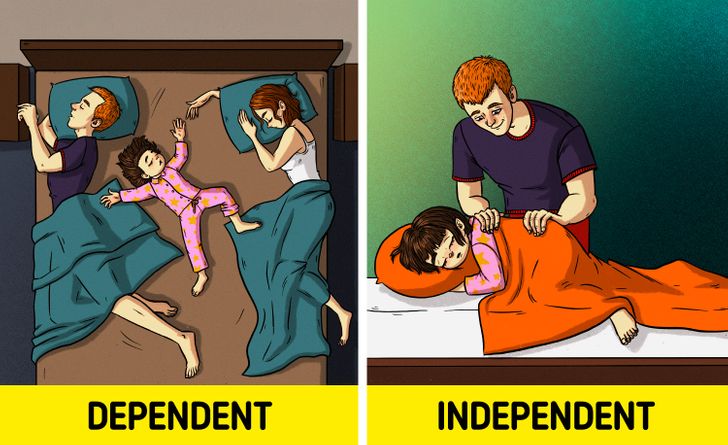
The reverse of shielding is toleration, helping your child get used to their surroundings. An example of this can be seen with your daughter’s doll. While it might be scaring her at night with its eyes wide open, allow her to look at the doll more often during the day, and even before going to bed, so that she can come to the realization that the doll isn’t scary at all and is nothing more than a toy. Again, words of reassurance are key for your child to understand that the toy will not harm them.
4. Instill a regular bedtime schedule.
Having a daily and nighttime routine for your child can decrease the chances of nightmares. Studies have shown that irregular sleeping habits and lack of sleep can put you at risk for encountering bad dreams.
5. Bring in positive energy before bedtime.
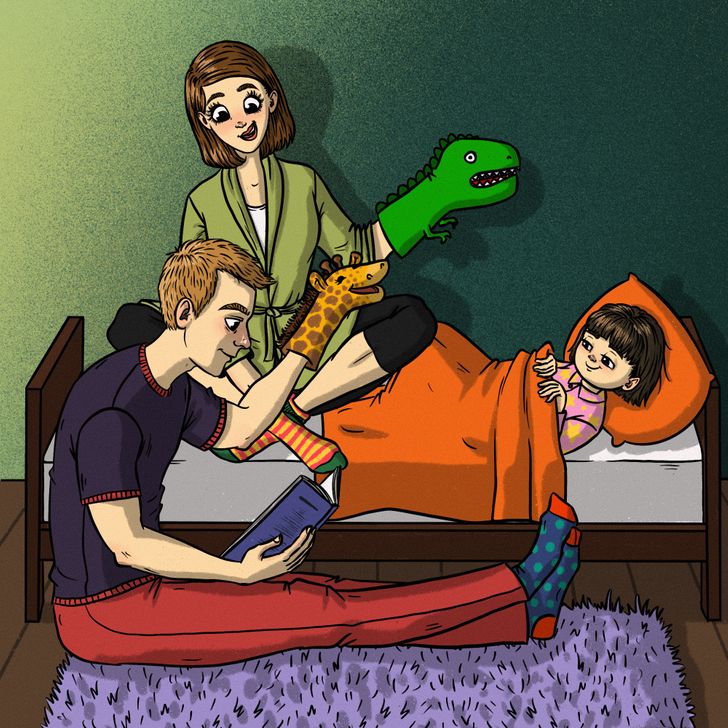
When a child is relaxed, it’s easier for them to fall into a deeper sleep. To help them calm down, remove all noisy, scary, and exciting things 30 minutes to an hour prior to their bedtime. You may want to play soothing music, read a happy book, or play a board game with them. These activities allow your child to relax their minds and bodies before heading to bed.
6. Don’t be afraid of seeking help.
While there are a number of preventive measures for dealing with children who have nightmares, there are instances where your child may need medical attention. Nightmares can occur frequently in children who may have mental health issues. For a child’s safety and for the parents’ peace of mind, an appointment with a family doctor or psychologist may be helpful.
Were there specific things that triggered your nightmares when you were a kid? If you’re a parent, how do you help your children cope when they have nightmares?
Comments
LOL. I am 7
Related Reads
Why We Have Recurring Dreams and What They Mean

Keanu Reeves Finally Cuts His Long Hair, and His New Look Causes a Stir

16 Stereotypes That Modern Parents Should Leave in the Past

A Boy Who Was The World’s Heaviest Kid Shows How One Decision Can Change Your Whole Life

Miley Cyrus Raises Eyebrows as She Wears a Naked Dress Made Only of Safety Pins at the 2024 Grammys

17 People Who Beat the System With Their Humor

Meg Ryan, 62, Is Praised for Finally Looking Her Age As She Stuns in Her Latest Appearance

13 Photos That Will Move Even the Toughest People

“Look at That. No Nipples!” Angelina Jolie Stands Against Pressure Regarding Women’s Bodies

Helen Hunt, 60, Stuns During Her Latest Appearance, and Her Lips Become the Center of Attention

A Girl Born Without Nose, Who Was Called “Voldemort”, Proved Everyone Is Beautiful in Their Own Way
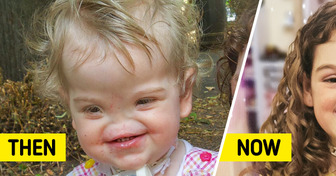
How These 12 Beauty Queens Who Made Charmed Millions Looked Then and Now

